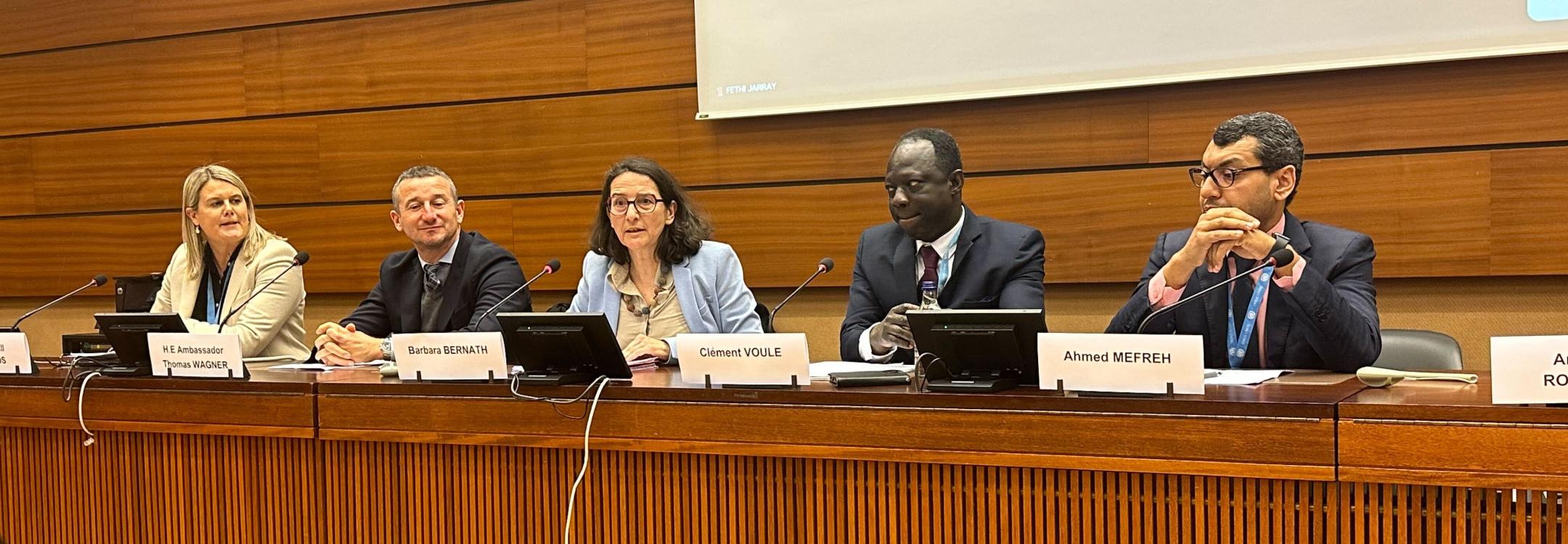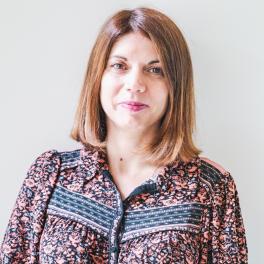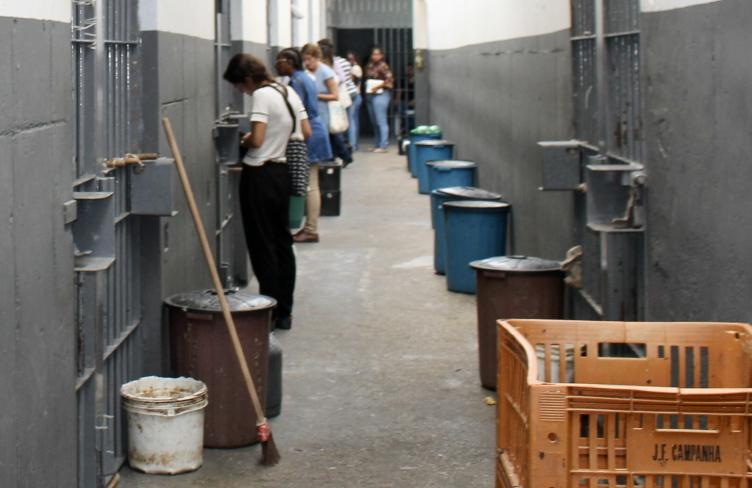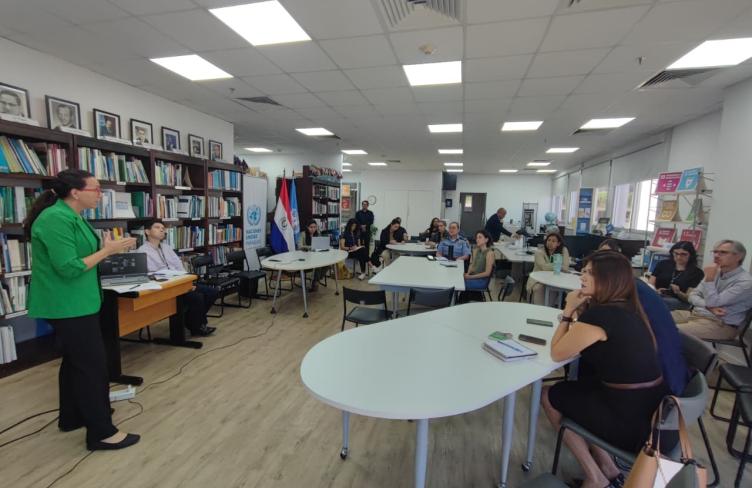
In a side event hosted by the United Against Torture Consortium at the 55th session of the Human Rights Council, United Nations experts and civil society organisations discussed strategies and best practices to reinforce safeguards against torture and ill-treatment before, during, and after protests and assemblies.
Central to the discussions was the new Model Protocol for Law Enforcement Officials to Promote and Protect Human Rights in the Context of Peaceful Protest.
The Protocol, presented at the ongoing 55th Council Session, by the UN Special Rapporteur on the rights to freedom of peaceful assembly and of association, is designed to enhance the capacity and practices of law enforcement agencies. It is based on international human rights laws, standards, and good practices, with the goal of fulfilling their duty to promote and protect human rights in the context of peaceful protests.
The Protocol is part of a comprehensive toolkit promoting and protecting human rights during peaceful assemblies, developed in collaboration with the United Nations Office on Drugs and Crime (UNODC) and the Office of the United Nations High Commissioner for Human Rights (OHCHR).
The event underscored the detrimental impact of using torture to restrict civic space, describing it as a threat to the very fabric of democracy, perpetuating cycles of violence.
“We have witnessed an increasing number of police violence in peaceful assemblies and these attempt to restrict the civic space. Peaceful protest should be facilitated, and peaceful protesters protected.”
The event, coinciding with International Women’s Day, also shed light on the imperative of affording greater protection to women participating in protests, particularly against sexual and gender-based violence, amounting to torture and other forms of ill-treatment.
Protests are important for women in particular. Promoting and protecting women’s rights extend to mobilisation and protests. I pay tribute to the women fighting for their rights from around the world.
The event showcased key recommendations for promoting human rights-based policing practices in the facilitation of peaceful protests, including the importance of ensuring that law enforcement equipment and actions adhere to lawful standards.
I see police and law enforcement as human rights actors. They are there to protect people's civil rights. It is key that when police are given equipment, they know that what they are using is lawful
Drawing from experiences in Egypt and Colombia, the event also stressed the importance enhancing prevention, protection, accountability, and reparation measures addressing torture and ill-treatment occurring within the context of assemblies. As discussions concluded, it was made evident that concerted efforts are imperative to strengthen protections against torture and ill-treatment to ensure that the fundamental rights of individuals engaging in peaceful protests are respected and upheld globally.
Moderated by APT’s Secretary General Barbara Bernath, the event commenced with opening remarks by H.E. Ambassador Thomas Wagner, Deputy Permanent Representative of the European Union and featured a panel comprising Mr. Clément Voule, UN Special Rapporteur on freedom of peaceful assembly and of association, Dr. Alice Jill Edwards, UN Special Rapporteur on Torture, Mr. Ahmed Mefreh, Executive Director of the Committee for Justice, and Ms. Ana María Rodríguez, Director of the Colombian Commission of Jurists.
About the United Against Torture Consortium
The United against Torture Consortium pools the strengths and expertise of six leading anti-torture organisations (APT, FIACAT, IRCT, OMCT, Omega Research Foundation and REDRESS), in partnership with over 200 civil society organisations in more than 100 countries, to strengthen and expand the anti-torture movement. The project is funded by the European Union.



